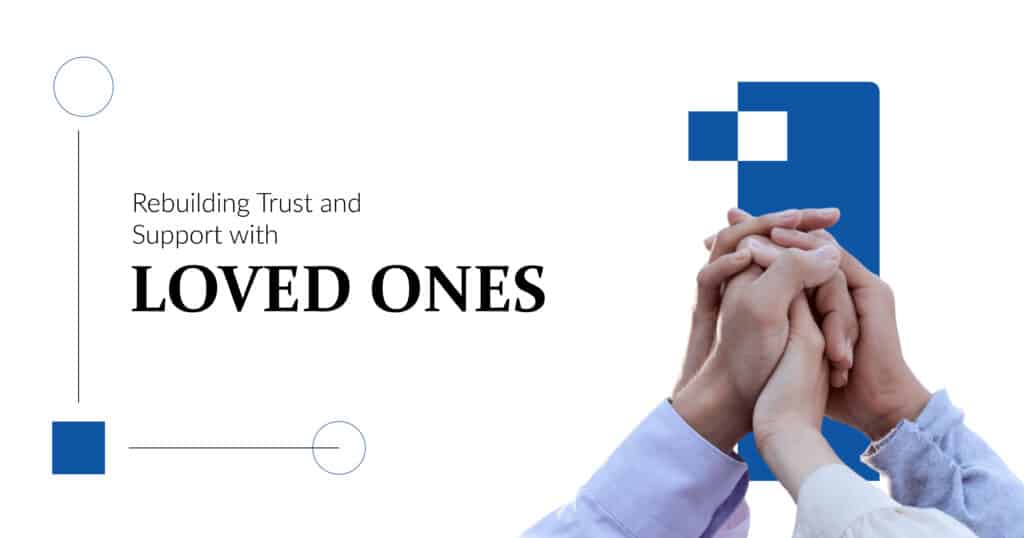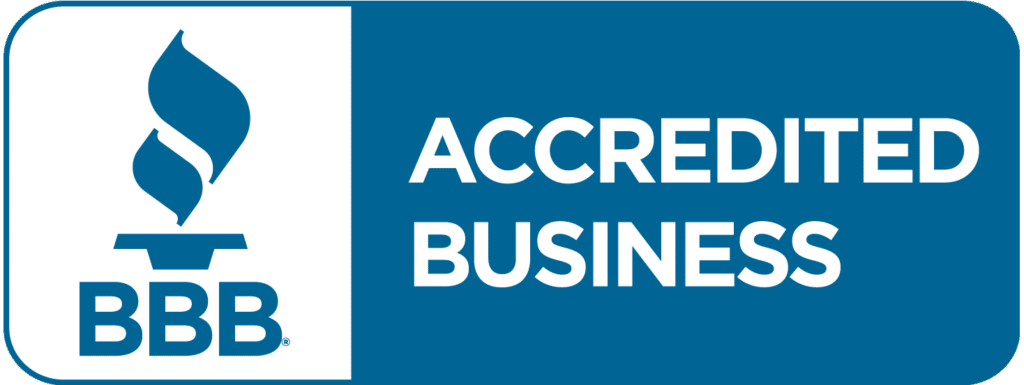
The journey of healing and recovery often involves repairing strained relationships with loved ones. Substance abuse, mental health challenges, or other life-altering experiences can significantly impact trust and support within relationships. Rebuilding trust and restoring support with loved ones is essential for both personal growth and the well-being of these relationships. In this article, we will explore the significance of rebuilding trust and support, along with effective strategies to foster open communication and establish a strong foundation of trust, understanding, and love.
The Importance of Rebuilding Trust and Support
Strengthening Emotional Bonds
Rebuilding trust and support strengthens emotional bonds with loved ones, creating a safe and nurturing environment. Restoring these bonds allows for vulnerability, empathy, and deeper connections.
Building a Supportive Network
Loved ones can provide valuable support during difficult times. Reestablishing trust and support ensures that this network remains intact, offering encouragement, understanding, and a sense of belonging throughout the healing process.
Fostering Effective Communication
Restoring trust enables open and honest communication. Effective communication promotes understanding, helps resolve conflicts, and enhances relationships by fostering empathy, active listening, and clear expression of thoughts and emotions.
Promoting Personal Growth
Rebuilding trust and support allows individuals to undergo personal growth and transformation. When loved ones believe in our ability to change and heal, it provides motivation and encouragement to continue the journey of recovery.
Strategies for Rebuilding Trust and Support
1. Take Responsibility and Apologize
Acknowledge the harm caused and take responsibility for your actions, expressing sincere remorse. Offer a genuine apology to your loved ones, demonstrating your commitment to change and rebuild the relationship.
2. Practice Open and Honest Communication
Engage in open and honest communication with your loved ones. Share your experiences, emotions, and challenges, while actively listening to their perspective. Foster respectful dialogue, allowing space for each person to speak and be heard without judgment.
3. Demonstrate Consistency and Reliability
Consistency is key in rebuilding trust. Make a conscious effort to be reliable, follow through on commitments, and be accountable for your actions. Show through your behavior that you are committed to a positive change and rebuilding the relationship.
4. Set Healthy Boundaries
Establishing healthy boundaries is crucial for rebuilding trust and support. Clearly communicate your needs and expectations, while respecting the boundaries of your loved ones. This promotes mutual respect and fosters a sense of safety within the relationship.
5. Seek Counseling or Mediation
Consider engaging in individual or family counseling to navigate the process of rebuilding trust and support. A trained professional can provide guidance, facilitate communication, and offer strategies to overcome challenges along the way.
6. Be Patient and Allow Time for Healing
Rebuilding trust is a process that takes time. Be patient with yourself and your loved ones, as healing and rebuilding a relationship does not happen overnight. Allow for the natural progression of emotions and trust-building as you journey together towards stronger bonds.
FAQs
Is it possible to fix a broken relationship?
Yes, it is possible to fix a broken relationship, but it requires effort, communication, and willingness from both parties. Start by identifying the issues and addressing them openly and honestly. Rebuilding trust is crucial, so be patient and consistent in your actions. Seeking professional help, like couples therapy, can also provide guidance and support in the process.
How do you restore a broken family relationship?
To restore a broken family relationship, start by initiating open and honest communication. Acknowledge past issues and express a genuine willingness to move forward. Practice active listening to understand each other’s perspectives. Set boundaries and be patient, as rebuilding trust takes time. Consider seeking professional help if needed to facilitate the healing process.
How do you reconnect with a loved one?
To reconnect with a loved one, initiate open and honest communication, expressing your feelings and intentions. Spend quality time together, engaging in activities you both enjoy. Show empathy and understanding, actively listening to their perspective. Be patient and give space if needed, allowing the relationship to heal and grow naturally over time.
How to let go of family that hurts you?
Focus on setting boundaries and prioritizing your well-being. Accept that you cannot change others, only your response to them. Seek support from friends or professionals to process emotions. Practice self-care and engage in activities that bring joy and peace. Gradually reduce contact if necessary, and remind yourself that it’s okay to prioritize your mental health over maintaining toxic relationships.
What does God say about family hurting you?
God acknowledges the pain caused by family and encourages forgiveness and love. Scriptures emphasize the importance of forgiveness, as seen in Ephesians 4:32, which advises being kind and compassionate, forgiving as God forgave. While it’s important to set boundaries, maintaining love and seeking reconciliation aligns with biblical teachings.
How can I start emotionally detaching from my family?
Begin by setting clear boundaries and prioritizing self-care. Limit interactions that cause distress and focus on building a support system outside the family. Practice mindfulness to manage emotions and maintain a healthy distance.
Conclusion
Rebuilding trust and support with loved ones is a vital step in the healing process. By taking responsibility, practicing open communication, and demonstrating consistency, you can begin the journey of restoring relationships that are built on trust, understanding, and love. The process may take time, but with patience, empathy, and a commitment to change, you can rebuild stronger and more resilient bonds that support your continued growth and recovery.
Remember, healing is a collaborative effort, and rebuilding trust is possible with understanding, compassion, and a genuine desire to strengthen the relationships that matter most to you.









